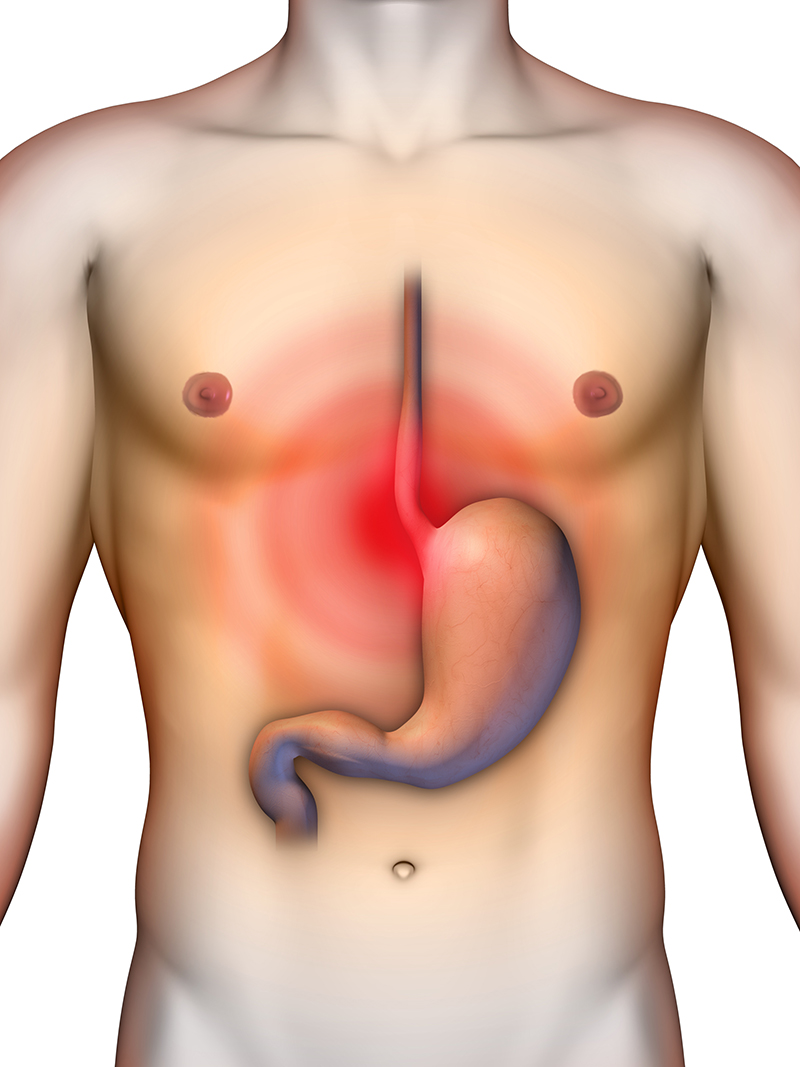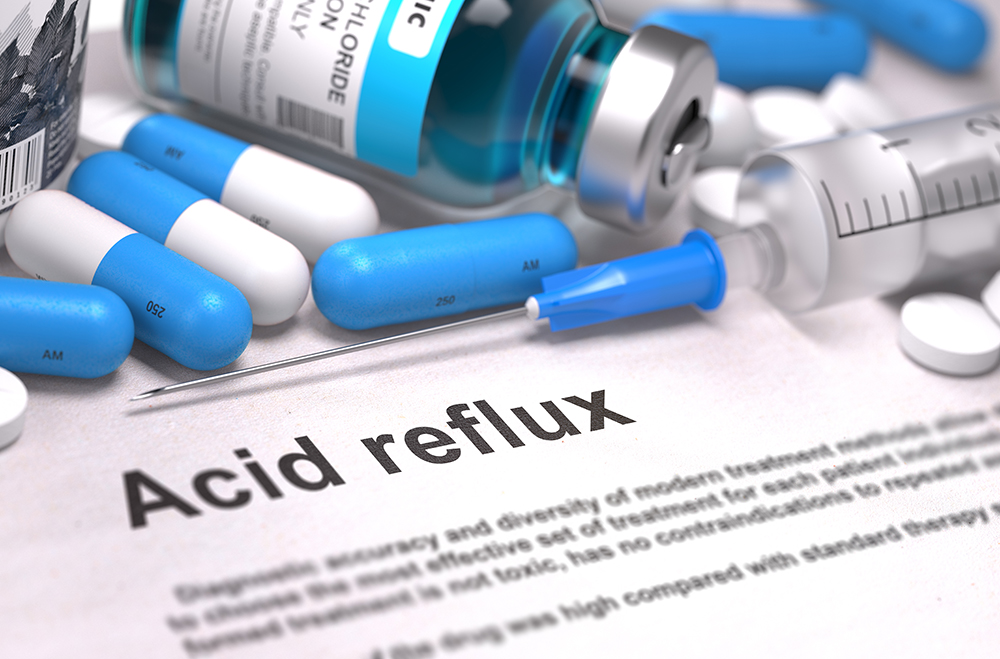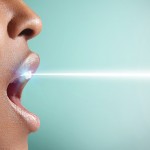How Acid Reflux is Damaging Your Teeth
You might attribute the painful burn surging through your chest to the chili dog you ate or being pregnant, but having heart burn a couple times of week on a regular basis could be a sure sign of trouble for your teeth. Gastroesophageal reflux disease (GERD), commonly called acid reflux, can destroy the enamel of your teeth and you might not even know it.
What is Acid Reflux?
GERD is when the gateway to your stomach malfunctions, allowing stomach acid to move back up your esophagus. While heartburn is the most noticeable symptom, others include chest pain, a bitter taste in the throat, a burning choke that makes you cough, as well as hoarseness, cough, or sore throat that can be mistaken for the first stage of a cold. The intense acid of the stomach causes all these by irritating the lining of the esophagus and tissue of the throat and mouth. Sometimes sufferers don’t even know they have it because they don’t have heartburn or other symptoms. The only clue of your reflux may be discovered by your dentist first.

The Strength of Stomach Acid
Our bodies are pretty amazing. Our stomach and its process in the digestion system is no exception. Stomach acid is actually a mixture of three types: potassium chloride, sodium chloride, and hydrochloric acid. This trinity of acids hit between 1 and 3 on the pH scale, making it as strong enough to destroy metal and slip through wood like butter.
The stomach also contains epithelial cells that create a coating of mucous and biocarbonate to keep the acid in line. Unfortunately, the esophagus, throat, and mouth don’t have these specialized cells, making them susceptible to damage when reflux lets some of the acid loose.
Dental Destruction by Acid Reflux
While our tooth enamel may be stronger than wood, it is still very vulnerable to rogue stomach acid. Often times our dentist will know we have acid reflux before we do, as the only symptom visible will be acidic wear on the backside of your molars. This can simply be thinned enamel or as extreme as tooth sensitivity and dental decay. You might also notice the following changes to your posterior teeth:
- Uneven or rough edges on your teeth
- Cracked or chipped teeth
- Smooth or shiny spots on teeth associated with demineralization
- Pain when eating or drinking hot or cold foods
- Excessively yellowing back teeth
- Denting in chewing surfaces or soft spots that morph as you press or use them
Treatment for Acid Reflux
Why is it important to address the problem as soon as it’s detected? Tooth enamel loss is serious and permanent. Once your tooth’s defenses are down, they can’t regrow. Depending on the severity of the case, your dentist may refer you to a specialist as well as set up a dental treatment plan to take care of the damage that’s already occurred. This can include a strict fluoride rinse routine, switching to toothpaste with fluoride for sensitive teeth, fillings, or crowns to solidify the strength or structure of damaged teeth.

In addition to your dentist, you’ll also want to talk to your doctor about fixing the real problem down in your stomach. Oftentimes, medication and a change in diet can rectify the problem. Avoiding foods or exercise that trigger heartburn symptoms can help. Drinking lots of water can also neutralize the acid that escapes the stomach. Alcohol can further irritate the esophagus due to its acidic nature, so it should be avoided along with spicy foods. Smoking is also a problem, as nicotine has been show to further weaken the lower esophageal sphincter whose malfunction creates acid reflux. (Source: Webmd.com.)
Your doctor can prescribe histamine blocker to reduce the production of gastric acid or, in more extreme cases, a member of the proton pump inhibitors medication family. PPIs are even more effective at reducing stomach acid production than histamine blockers and also give the esophagus the break it needs to heal inflammation from reflux. (Source: Webmd.com.)
In some cases surgery may be necessary to correct your stomach’s glitch, but your esophagus, throat, and oral health will be the better for it.





